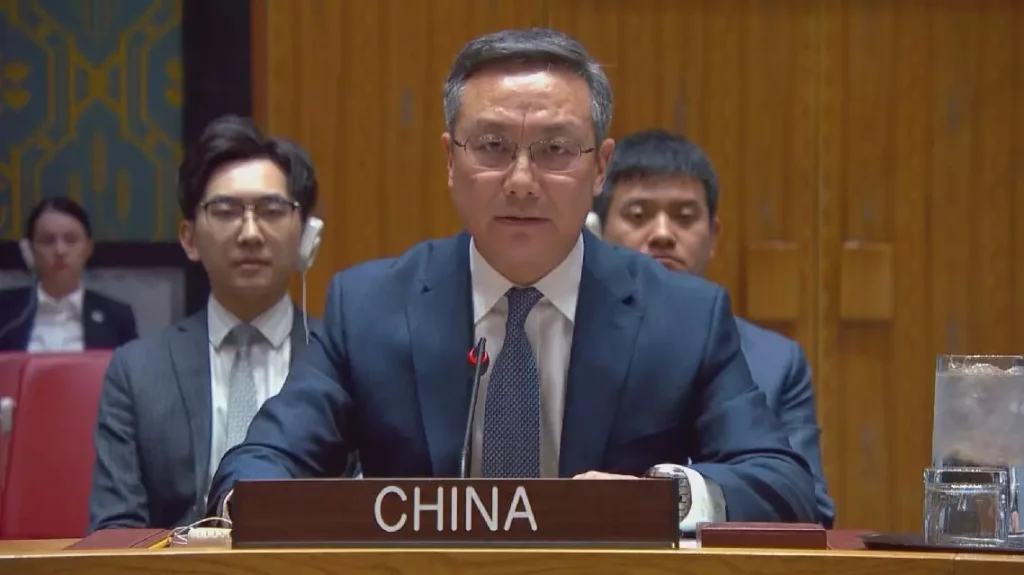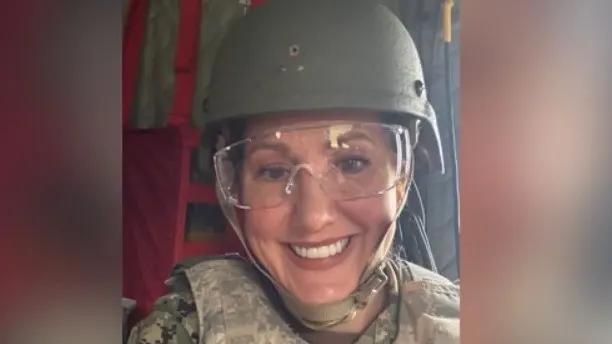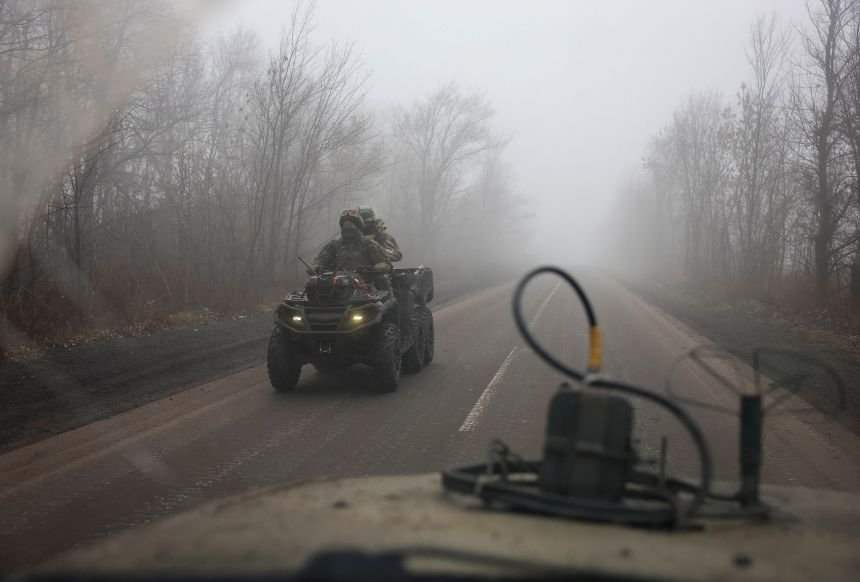There were many reasons why Tehran, Iran’s capital, looked drabber, shabbier and less vivacious earlier this month than during my last visit six years ago. Back then it had been summer. Now it was autumn, turning to winter. Smog was descending on the city—the result of failed rains and the use of low-quality fuel in the power stations to compensate for a shortage of natural gas. More Iranians were probably at home watching Netflix or gaming. The sounds of street music I remembered had all but disappeared. The annual commemoration of the death of Prophet Muhammad’s daughter, Fatima, had chased buskers off the street.The city was poorer, too. Soaring inflation and shrinking subsidies had pushed millions more into poverty. By one tally household spending on entertainment had fallen by a third since my last visit. Signs of a downturn abounded: the traffic seemed lighter, the cranes over building sites fewer, a glitzy new mall was empty. It was all less frenetic. And an air of uncertainty hung over the country’s future—it seemed stuck in limbo between war and peace, between the ageing supreme leader and the looming question mark over his succession, between the Islamic Republic and the more secular republic many Iranians want it to be.But the main reason Tehran looked so dour this time round was our minders. Tasked with supervising a trip that included an interview with the foreign minister, they were solicitous and well-meaning. But from the moment The Economist’s digital editor, Adam Roberts, and I left our hotel to the moment we returned, they got in the way and fenced us off from Iran. In a city full of fluent English-speakers, they provided Persian-speaking interviewees whose words they could then filter via translation. When topics turned controversial, their translation became muddled and incomprehensible. They recorded our questions. On occasion, when the minders put in earphones or pretended to doze off, we managed to strike up conversations in cafés. “That’s so dangerous, don’t you know we’ll all be arrested,” was the stock response once we said we were journalists. I longed for the relative freedom of my previous trip. Back then I was detained, blindfolded and locked up. But after three days I was moved to a hotel and, intermittent interrogations aside, was left to roam the city unencumbered for seven weeks (albeit barred from leaving the country). That allowed me to meet Iran’s fun-loving, witty, irreverent, creative, often English-speaking and very worldly-wise people. I delighted in a cultural scene as varied, full, and inspiring as any major capital in the West.After I returned home from Tehran this time, friends taunted me with clips of events on the cultural calendar that we had missed. Iran’s first female conductor leading Tehran’s Symphony Orchestra in Schubert’s Symphony no 8. A lavish musical of Oliver Twist. An impromptu heavy metal band jamming in the street. A host of new event spaces and a city-wide design week, fashion shows included. And, of course, an underground techno rave far from prying eyes. Had we seen it we might have reported on Iran’s vivacity, still thriving uncowed by foreigners, sanctions and bombs. But we didn’t.You have to wonder why. Perhaps the authorities hoped to project control. But controlling the narrative is at best a short-term measure. Sooner or later it backfires. Israel lost the media battle in its two-year war on Gaza even though it cordoned off the strip to outside journalists. Instead of seasoned reporters, Palestinians with mobile phones got the story out. The war dominated global news anyway. In Iran, the regime’s restrictions serve its exiled opposition. Opponents’ satellite channels set the news agenda in Iran as well as abroad. Exhausted by court cases, fines and interrogations, Iranian journalists are fleeing the country and joining their ranks. Even Iranian diplomats tasked with improving their country’s image abroad are frustrated by the way the regime’s strictures impede media access. The best way for Iran’s regime to project its message and reconnect with the world would be to reopen the country and let Iranian and foreign journalists report freely. If only. Please get in touch with your thoughts on this newsletter at: middleeastdispatch@economist.com.




















